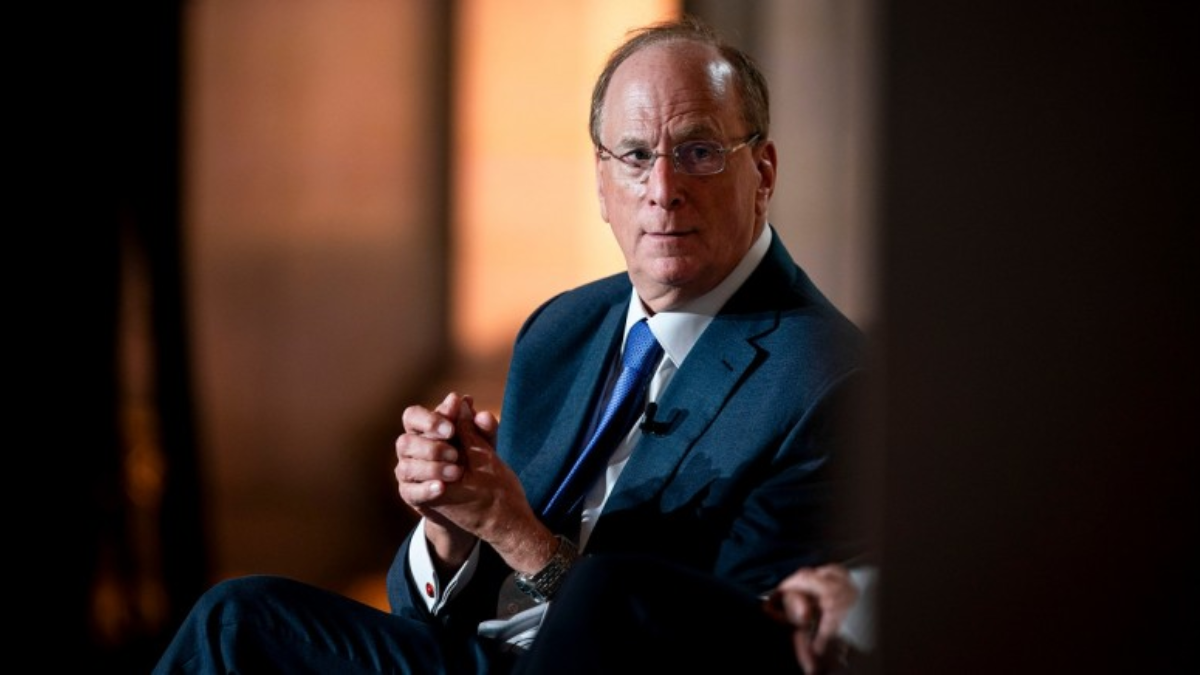West Virginia’s commitment to supporting local farmers and food producers was on full display as the West Virginia Food and Farm Coalition gathered to celebrate the state’s rich agricultural industry. Among the advocates present was Aaron Simon, a dedicated meat processor and passionate supporter of the local food movement.
Advocating for House Bill 2146
Simon, the owner of Farm to Fork Meat Processing, is a strong proponent of House Bill 2146. The bill aims to make the processing of beef, pork, goat, and lamb by slaughterhouses exempt from sales tax to consumers.
“Farm to Fork Meat Processing is my passion,” Simon said. “I love agriculture, I love the meat industry, specifically.”
He believes that passing this bill would have significant benefits for farmers, meat processors, and consumers alike.
How the Tax Exemption Helps Everyone
Simon explained that removing sales tax on locally processed meat would lower costs for consumers, provide financial relief to farmers, and support meat processors by eliminating an extra financial burden.
“By doing that, it helps not only the meat processing side of it, but it helps the farmers, and it helps the end consumers,” Simon said. “It helps all three basically. By removing that tax, it allows a consumer to pay less for it, it allows the farmer to be at a better price point and not worry about those additional taxes, and then it also helps the meat processing side of it for the same reasons.”
Given that cattle prices can range from $2,500 to $3,000, these tax savings could be substantial, especially in times of rising inflation when many families are looking for ways to cut costs.
Encouraging Local Shopping
Beyond the tax exemption, advocates emphasize the importance of buying local. Farmers markets offer fresh, locally sourced food that supports small-scale farmers while providing high-quality products to consumers.
Capitol Market Executive Director Evan Osborn highlighted the unique agricultural landscape of West Virginia. While the state lacks large expanses of flat land for industrial farming, it boasts a thriving community of family-owned farms.
“It’s not uncommon for families within our state to be able to produce everything that comes to the dinner table,” Osborn said. “You are so close to the people that produce your food.”
By supporting local farmers and processors, West Virginians can enjoy fresh, sustainable food while keeping money within the local economy.
The Bill’s Progress
As of Thursday morning, House Bill 2146 had reached its second reading in the legislative process. If passed, the bill could bring long-term financial benefits to West Virginia farmers, processors, and consumers, reinforcing the state’s commitment to strengthening its local food system.
With strong advocacy from individuals like Simon and organizations such as the West Virginia Food and Farm Coalition, the future of locally sourced, tax-exempt meat processing looks promising.














